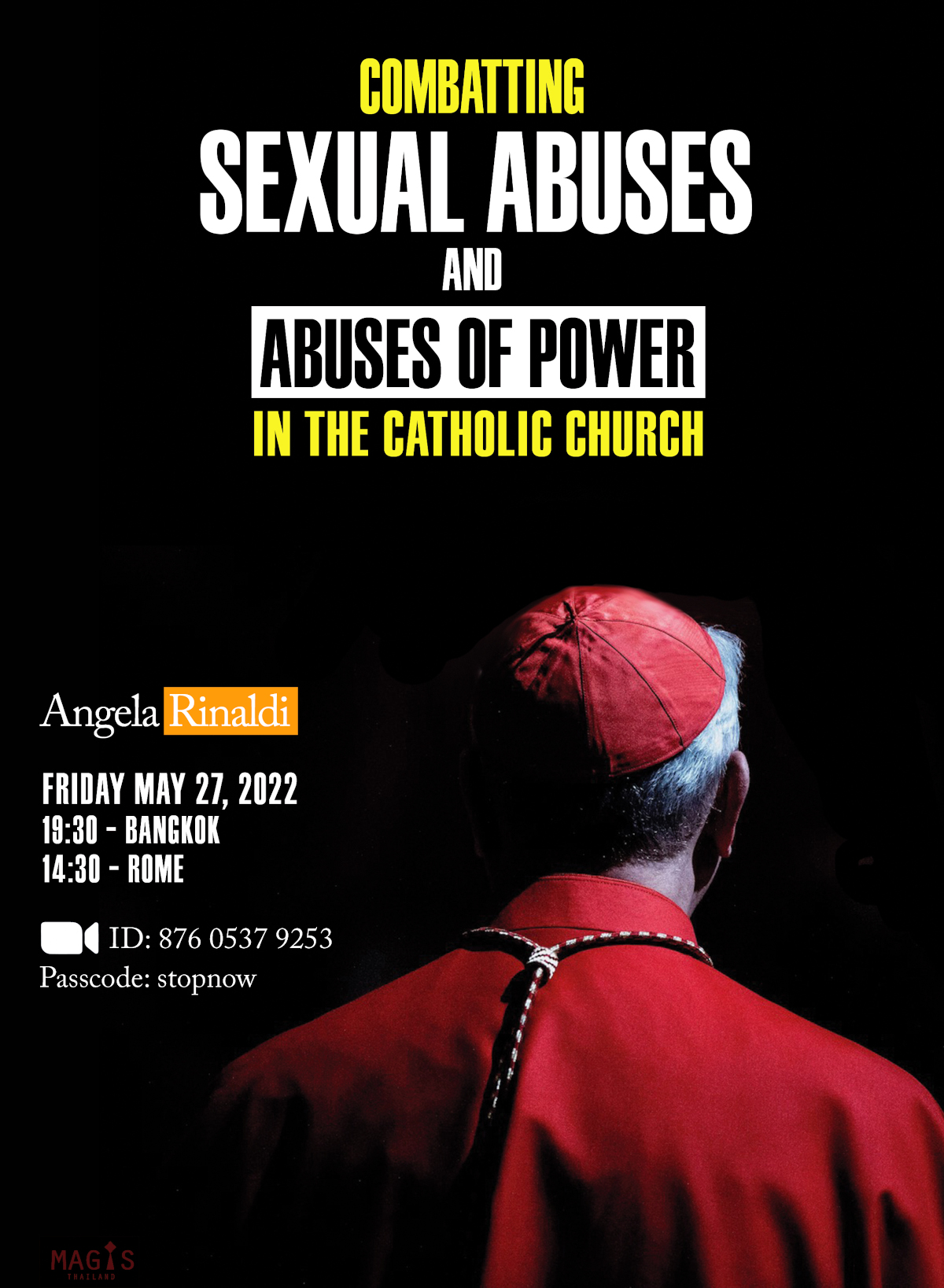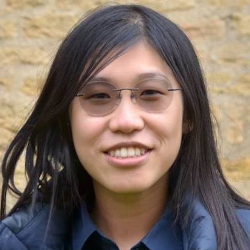
As the idea to launch something to change the status-quo is getting started, the resistance from within arises. Nonetheless, it would be erroneous to simply follow a request perinde ac cadaver or to execute an order without pondering: “We are told. We obey. We cancel. Good boy!”
Such opposing force, however, leads to a way of discernment, a road of creativity, and a crossroad of collaboration. Amid the current ecclesial and social contexts, and the revelations of abuses in the Catholic Church, our secular society seeks concrete actions rather than simple words. It demands the care, courage, and commitment of the people of God.

In recent years, the Catholic Church has been hit hard by numerous sexual abuse reports. Although the Catholic Church has issued new regulations and implemented a “zero-tolerance” policy to safeguard vulnerable people, the awareness of abuses among Catholics in Thailand remains limited. On one hand, talking about sexuality is largely considered taboo. On the other hand, abuses are categorised as cleric’s affairs.
But silence is not a solution, nor a safeguard. On the contrary, it promotes a culture of abuse. To combat the abuses, the answer lies in the co-responsibility of the people of God, while placing the vulnerable and minors at the centre.
Formation plays an important role in the safeguarding and protection of minors and vulnerable people. Training helps promote the awareness and the understanding of how to respond to child abuses. This prepares the people of God for the eventuality of scandals. Who else will care for the Catholic Church, if not the Catholics?
Though limited by time, Dr Angela Rinaldi of the Institute of Anthropology: Interdisciplinary Studies on Human Dignity and Care at the Pontifical Gregorian University in Rome provided a fundamental basis for safeguarding children and combating abuses in the Church. She demonstrated the abuse of power as the core of all abuses, which can be defined as the temptation to open one’s door and invade his/her space. To prevent power abuse, respecting one’s boundaries is key. We were also able to touch upon related Motu proprios, and updates over the norms of delicta graviora. Certainly, further reading is required to grasp the details.
It is interesting to see people of all ages and all vocations from different locations in Thailand, as well as from other places, participate in the event. It seems clear that this Zoom conference assembled people of good will who intend to do whatever it takes to help make their beloved Church safer and more beautiful in the years to come.
The kind encouragement of our friends and family made this Zoom conference possible. Mgr Andrew Vissanu Thanya-anan, the former undersecretary of the Pontifical Council for Interreligious Dialogue, and Camille Rio MEP deserve credit for their insights and support that pushed this event forward.







